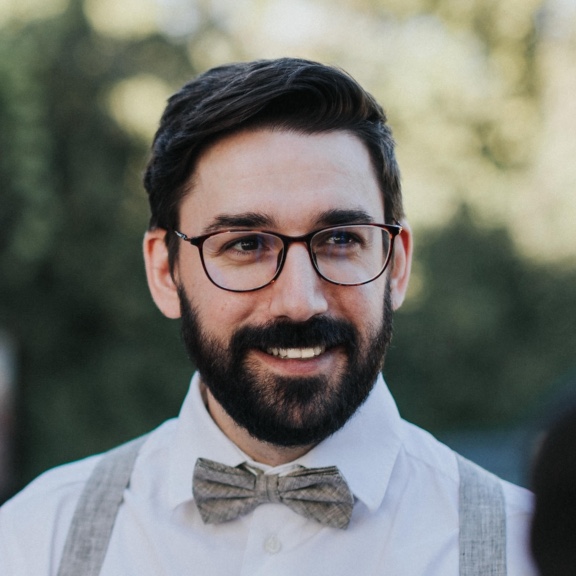Sebastian Lobentanzer

Dr. Sebastian Lobentanzer is a seasoned biomedical researcher with extensive expertise in systems pharmacology and research software engineering. During his PhD training in pharmacology, he combined his biomedical knowledge with information technology, starting with Java and later expanding to R, graph database systems, and Python. His postdoctoral work is characterized by a strong commitment to open-source Python frameworks, particularly in biomedical applications. As an advocate for open science and reproducibility, he is known for developing innovative solutions in biomedical research and promoting robust, reproducible workflows within the research community. His professional approach integrates markdown-based self-documenting workflows with containerisation. Sebastian’s contributions in both pharmacology and research software engineering have garnered respect and recognition among his peers. He actively shares his knowledge at conferences and workshops, empowering researchers to advance their work with accessible data analysis tools and open-source initiatives. In addition, he is dedicated to professional illustration and typesetting, British English, and the Oxford comma.
Research Interests
Sebastian is deeply invested in advancing causal reasoning in interaction modeling at both intra- and inter-cellular levels. Trained as a pharmacist, his focus centres on the complex dynamics of pathologic changes and the molecular action of drugs. Sebastian’s goal is to marry the vast informational wealth of modern omics data with the robust logic of causal reasoning. His approach aims to tackle the issue of irreproducibility due to spurious correlation and to enhance predictions for the application of therapeutics. To achieve this, he is developing open-source frameworks for the management and application of knowledge, which includes the automation of research tasks with the power of Large Language Models.
His work primarily addresses overcoming drug resistance in High-Grade Serous Ovarian Cancer (HGSOC) as part of the DECIDER EU project and integrating pharmacologic/toxicologic prior knowledge with omics data within the framework of the TransQST) project. Both projects are funded by the European Union (GA No. 965193 and No. 116030).
Professional Career
| 2021-present | Postdoctoral research fellow at Heidelberg University Hospital, Heidelberg, Germany |
| 2020-2021 | Postdoctoral research fellow at Goethe-University, Frankfurt, Germany and Hebrew University, Jerusalem, Israel |
| 2015-2020 | Research fellow and teaching assistant at Goethe-University, Frankfurt and Hebrew University, Jerusalem |
| 2014-present | Pharmacist (deputy head), Spessart-Apotheke, Bad Orb, Germany |
Education
| 2015-2020 PhD, Neuro-immune pharmacology, Goethe-University, Frankfurt, Germany | |
| 2008-2013 Pharmacy (Licensure), Goethe-University, Frankfurt, Germany | |
| 2004-2006 Audio engineer (Diploma), School of Audio Engineering, Frankfurt, Germany |
 ORCiD: https://orcid.org/0000-0003-3399-6695
ORCiD: https://orcid.org/0000-0003-3399-6695